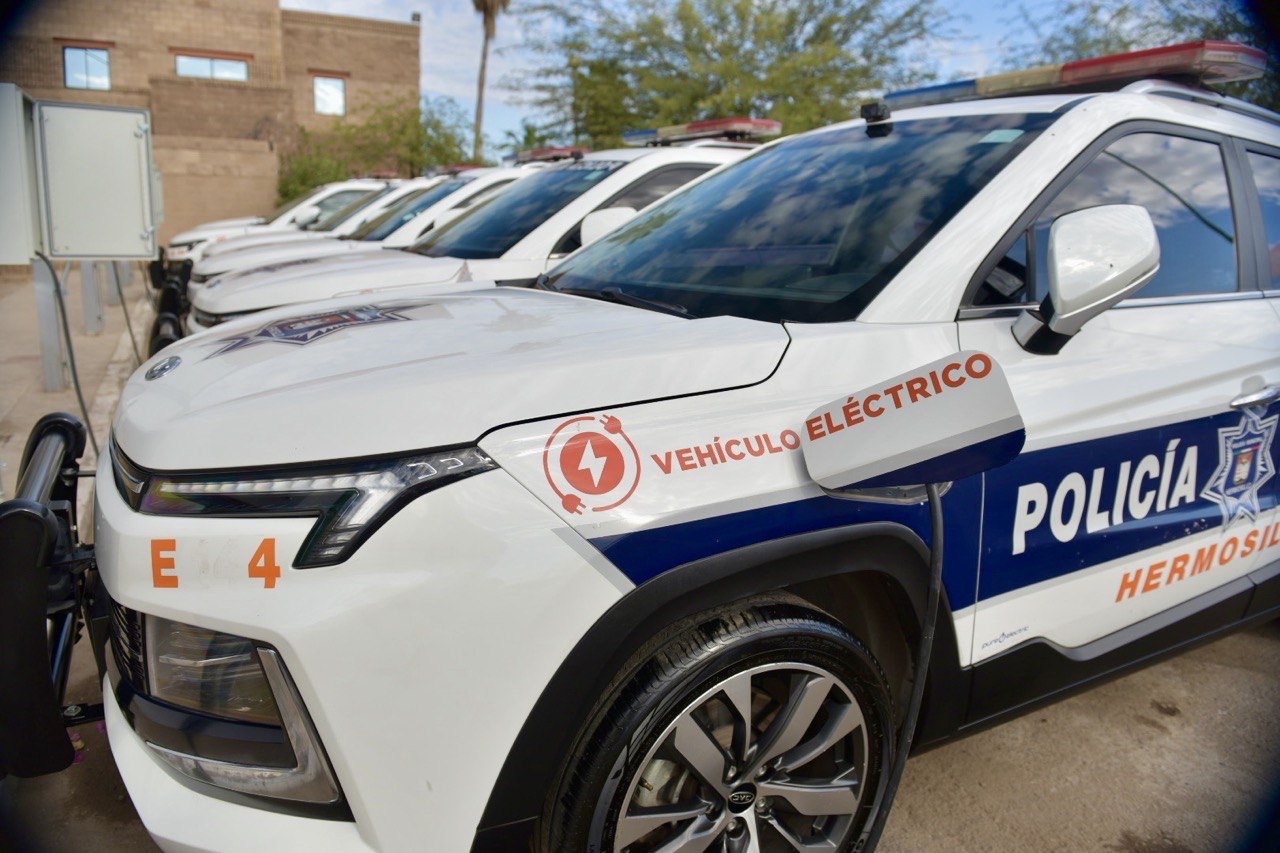Deployments Supported by I2Z
In year one of our work we piloted the integration of on-site solar and batteries with EV charging using different business models - pay as you go, ESCO, on bill financing, project and corporate finance. The aim was to ensure supply chains, knowledge and skills were not a barrier in various EMDEs, and to test commercial viability and grid integration. The pilots completed successfully and we are now supporting the development of VPPs as a route to scale such projects. More details of these VPP pilots will be released in due course.
Virtual Power Plant pilots forthcoming in these countries
-

Kenya - PowerPay
Kenya’s national utility (Kenya Power and Lighting Company - PLLC) partnered with PowerPay to offer KPLC customers e-cookers and e-bikes on a pay-as-you-go model. The devices cut emissions from biofuel/gas and gasoline, and drive demand for electricity (which in Kenya is mostly hydro). Customers pay as they go and can pay back over time using the cost savings from the devices, typically owning the devices outright in less than 2 years.
-

Sawa City - Rwanda
Sawa City, Rwanda’s largest supermarket chain, in partnership with Solektra Rwanda, installed a PV and battery system on-site and an EV charger to power their new e-delivery bikes (groceries for their customers). The system provides the majority of their electricity, saving on average 20% from their previous energy bill, and reducing emissions (in Rwanda electricity is primarily generated from gas). Sawa are still on-grid for any residual demand. They hope to replicate the system for other stores and to scale up their e-bike charging and fleet.
-

Ampersand e—bikes
Ampersand, an East African e-mobility company, in partnership with BASE, have installed solar PV on its charging station to prototype battery charging with on-site solar PV. Currently the e-bikes are charged from the grid, which is not 100% clean (in Kenya for example the clean to fossil ratio is 43:7 but in Rwanda it is 29:20, where most non-fossil electricity is generated from biofuels, waste and hydropower). The prototype has successfully proved that the batteries can be predominantly charged from on-site solar PV, supporting the concept of the integration of on-site, on-grid and on-road solutions. This allows Ampersand to save money on charging costs and power their e-bikes with cleaner energy AND it will be used to explore a new business model – to offer solar PV to battery charging franchisees who can help to grow the network of charging stations, especially into per-urban and rural areas.
-
Mexico police
The Municipal Climate Change and Energy Agency of Hermosillo (AMCCEH), thanks to this support channelled through Integrate to Zero (I2Z), with technical support from ICM, and BASE, is transforming itself into a Public Energy Services Company (ESCO) and has initiated efforts to electrify the municipal vehicle fleet and equip its public buildings with sustainable on-gri, on-site and on-road energy solutions, starting with patrol cars and police stations. I2Z, ICM, and BASE, have provided resources and technical expertise to AMCCEH for the establishment of the public ESCO. The pilot project involving a charging station, with solar photovoltaic panels and storage batteries, already supplies 33% of the power needed by the police electric patrol cars operating at the charging station. AMCCEH has plans underway to expand this green energy configuration to other police stations and other public agencies.
-

Downtown Restaurant - Nigeria
Downtown restaurant and takeaway in Abuja, Nigeria installed on-roof solar PV, a battery storage system and an EV charger. The PV and storage powers the restaurant and EV charger which is offered to customers and the public on a Pay-As-You-Go basis. This integrated system saves Downtown money on energy bills and gasoline costs as well as generating revenue through the EV charger. Downtown is still connected to the grid for back up but hopes to expand the amount of solar on-site to cover more of its electricity needs and power more EV charging as well as to sell any excess energy back to the grid when export tariffs are on the market.
-

Voedsel e-bikes
Voedsel, a Nigerian energy finance company, is working with 5 businesses to scale up EV charging. EV chargers are being installed to make use of available solar PV electricity. The chargers will be publicly available on a PayGo basis. Voedsel will share revenue with the 5 businesses. Once the cost of the EV charger is paid back the business takes full ownership and 100% of the revenue. Voedsel is promoting the charging finance offer to other PV owners to drum up more customers. Voedsel is using the profits from the charging to cover the capex needed to install more chargers for other businesses, in this way creating a revolving fund to scale the business.
-

Nigeria: Kulda
Kulda restaurant in Abuja, Nigeria, installed a solar PV and battery system to power the facilities. The system has reduced energy costs by 34%. Kulda plan to install more solar PV in 2024 to further reduce the costs and use of a diesel generator and also improve the reliability of electricity supplies (the grid is weak and also completely powered by fossil fuels).
-

MBay - Senegal
Mbay, an EV retailer and e-taxi firm in Senegal, the first e-taxi firm in West Africa, is solarising its fleet. Currently the power being used to power the e-taxis comes from the grid, which predominantly uses heavy fuels. Installing solar PV on-site will help reduce emissions in the fleet as well as generate energy cost savings. Installation of a battery along with the PV will help provide flexibility to store and use energy generated on-site so that the fleet can be used at times when business is busiest. Mbay is still connected to the grid and hopes to install more PV in future, to power a growing fleet and to sell any excess to the grid when export tariffs are on the market.
-

Nigeria Government
Nigeria's National Council on Climate Change (NCCC) leads the way with the first integrated renewable energy system for a public authority in the country - PV, storage, EV, smart meter. The PV and battery are powering the site and local EV transport, available for public charging. As NCCC Director General, Salisu Dahiru, said - ‘This investment in solar deployment will not only reduce our carbon footprint but also serve as a shining example to other government agencies on the remarkable benefits of renewable energy adoption, in support of Nigeria's net zero target’. The project is a flagship demonstration to encourage net-metering and streamlining integrated renewables across public sector buildings. Energy audits of 19 public buildings have since been instigated.
-

UNERGY - Columbia
UNERGY, in collaboration with the e-mobility renting platform Muverang*1, is working to improve charging infrastructure to facilitate the growth of EVs in Colombia. With the support of I2Z and BASE, they are initiating a demonstration project to create an innovative and automatized swapping battery charging station. Combined with an on-grid photovoltaic solar system, this station will be tested on light electric vehicles. The installation is at a UNERGY facility in Medellin. The solar power capacity has been estimated to supply the battery-swapping charging station, with any excess electricity being fed back into the grid.
The proposed system is designed to meticulously capture and report critical technical and financial data. The objective is to give stakeholders actionable insights and transparent reporting, which is essential for informed decision-making and strategic planning.
1. Muverang is an e-mobility renting platform created by an alliance between Bancolombia (Financial Institution), Celsia (Utility company) and Sura (Insurance company).







